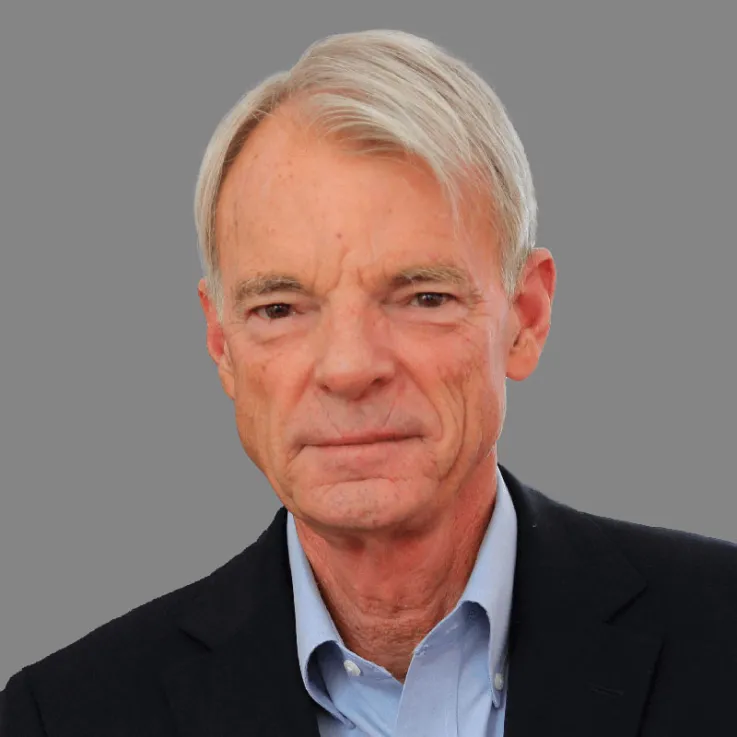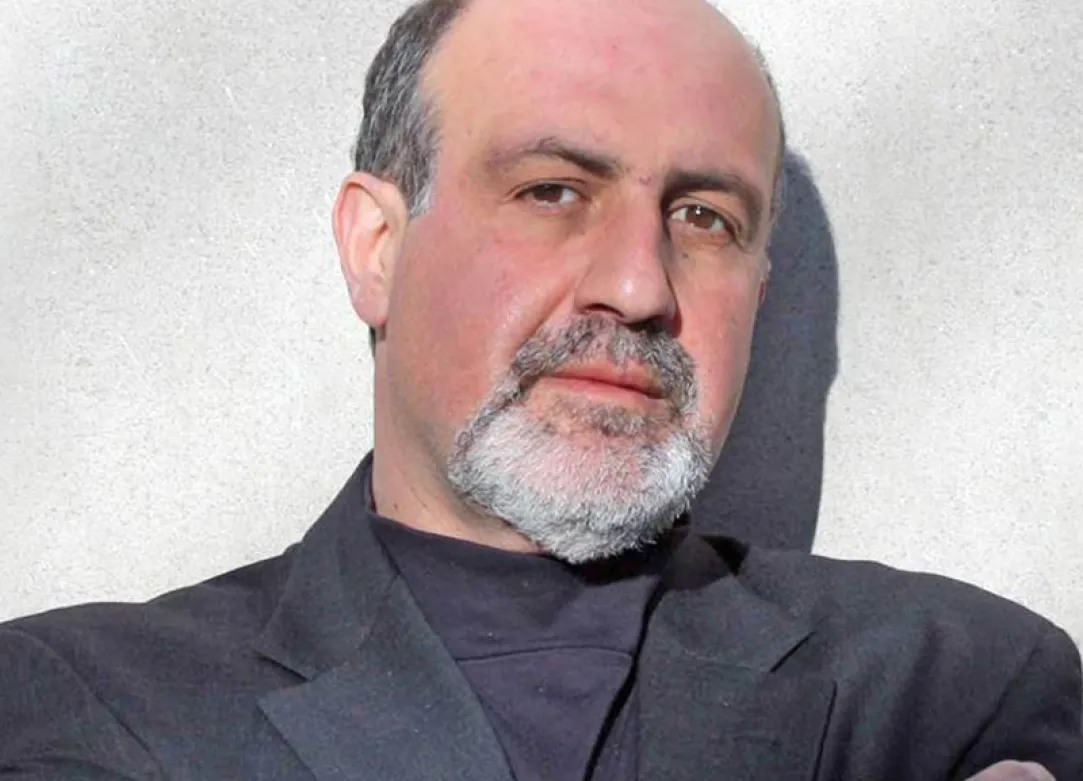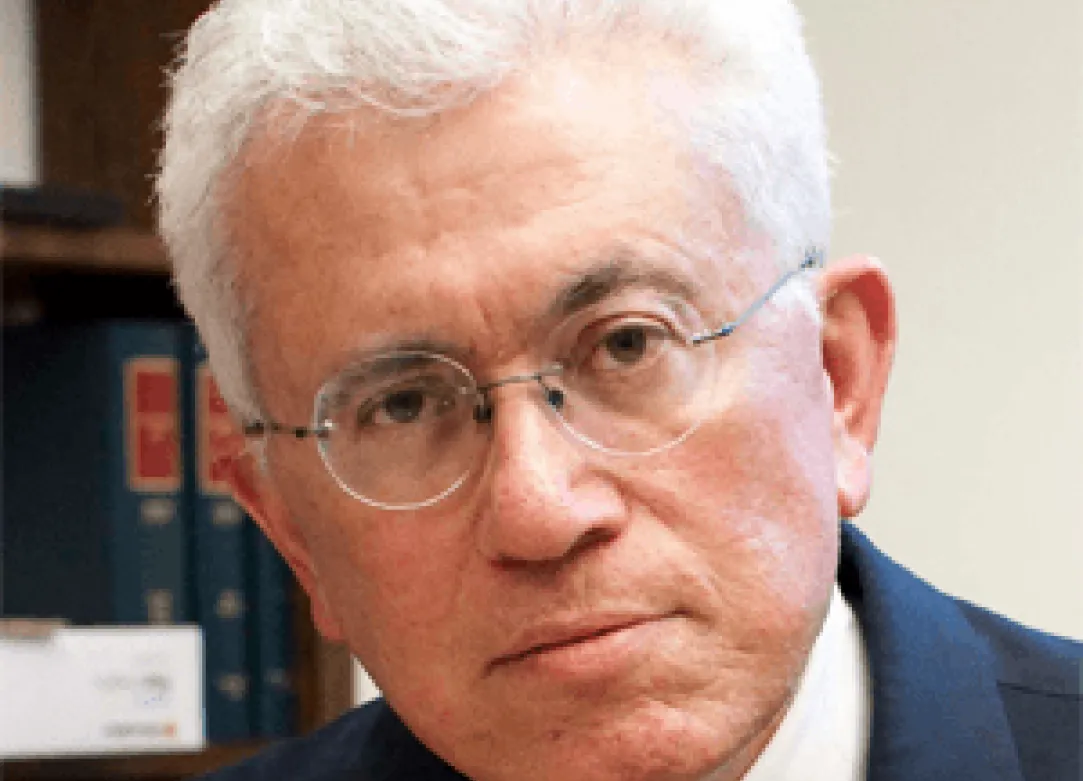Nobel Laureate A. Michael Spence joined New York University Leonard N. Stern School of Business as a professor of economics in September 2010. He is a senior fellow at the Hoover Institution and the Philip H. Knight Professor Emeritus of Management in the Graduate School of Business at Stanford University.
Professor Spence, whose scholarship focuses on economic policy in emerging markets, the economics of information, and the impact of leadership on economic growth, was chairman of the independent Commission on Growth and Development (2006 - 2010), a global policy group focused on strategies for producing rapid and sustainable economic growth, and reducing poverty. He also serves as a consultant to PIMCO, a senior adviser at Oak Hill Investment Management, and as a member of the board of the Stanford Management Company as well as a number of public and private companies.
A Rhodes Scholar and the recipient of many honors and awards, Professor Spence was awarded the Nobel Memorial Prize in Economic Sciences in 2001 for his contributions to the analysis of markets with asymmetric information. In 1981 he received the John Bates Clark Medal of the American Economic Association awarded to economists under 40. He is the author of three books and 50 articles, and is a member of the American Economic Association and a fellow of the American Academy of Arts and Sciences and the Econometric Society.
Professor Spence served as Philip H. Knight Professor and dean of the Stanford Business School from 1990 to 1999. Before that, he was a professor of economics and business administration at Harvard University, chairman of its economics department, and dean of its Faculty of Arts and Sciences.
Professor Spence earned a Ph.D. from Harvard University in 1972, a B.A./M.A. from Oxford University in 1968 and a B.A. (summa cum laude) from Princeton University in 1966.



